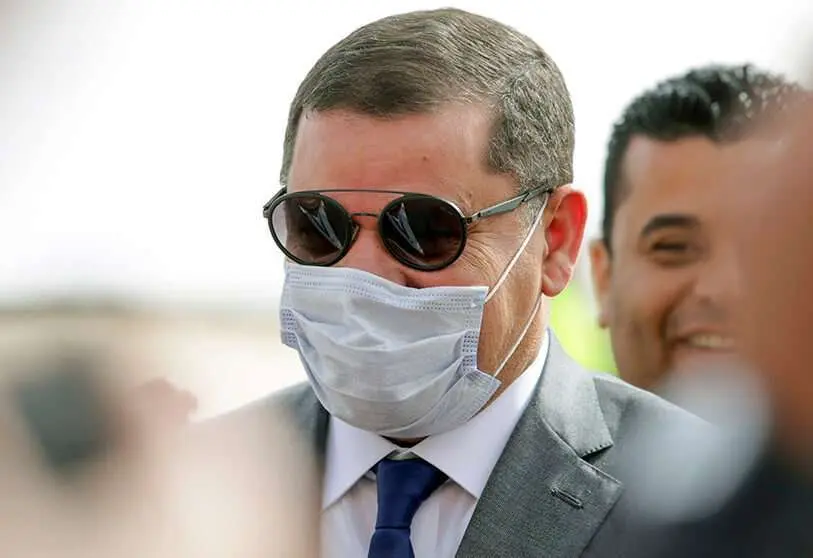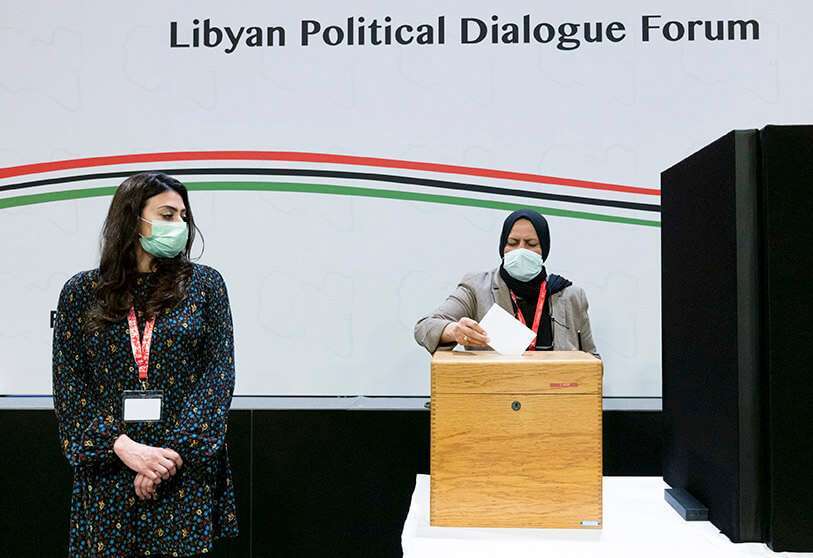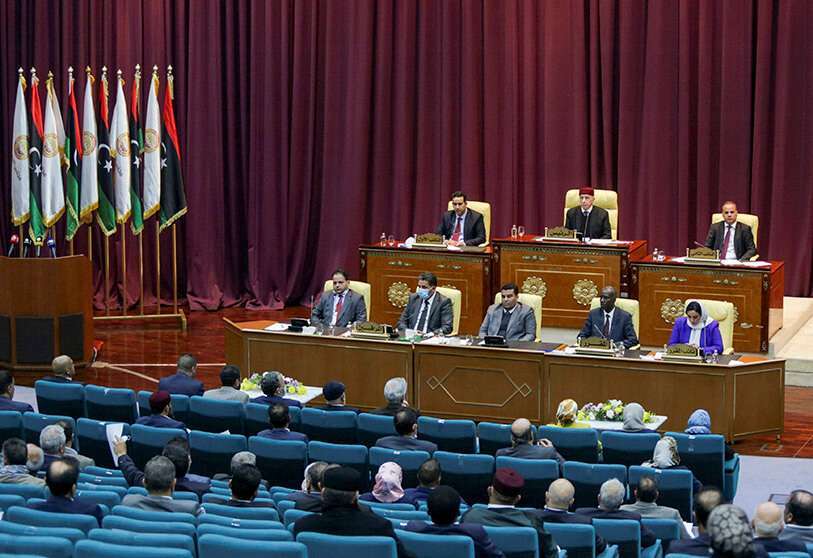Libya faces a decisive day for the composition of the new government amid allegations of corruption

Libya is a step closer to political stability and an end to the conflict that has been bleeding the African country since the fall of dictator Muammar Gaddafi in 2011. Contrary to the wishes of the Libyan population, the fall of Gaddafi did not bring the longed-for democracy or an improvement in the economic situation that the young and not-so-young people who took to the streets of Tripoli and other cities in the country were demanding.
Libya, however, was plunged into an instability that none of the political attempts that followed in the years that followed were able to reverse. The struggle for power between the different factions that emerged after the fall of Gaddafi deepened the fracture of a country that is now practically split in half, with a southern region that is on its own.
The Libyan conflict is currently at a historic turning point, which may bring to an end this cruel stage in the country's history, which has dragged on for a decade. Libyan MPs have begun to arrive in the coastal city of Sirte to hold a historic session of confidence in the new National Unity Government (GNU), the result of the non-elected reconciliation mechanism promoted by the United Nations (UN), which should finally lead the country to legislative elections scheduled for 24 December.

Libya's interim prime minister, Abdul Hamid Dbeiba, handed over the composition of his government to the designated parliament at the end of February in the hope of obtaining a vote of confidence from the deputies. "In accordance with the road map", Dbeiba "handed over his proposed ministerial portfolios to the president of the designated parliament before the 8 March session", his cabinet said in a terse statement, without making the list public.
The distribution of portfolios remains confidential and little or nothing is known about the composition of the new government, which has the difficult task of replacing both Fayez al-Sarraj's Government of National Accord (GNA) and the rival authorities in the east led by Khalifa Haftar. This discretion is seen as vitally important in a country torn apart by internal strife. Dbeiba has already submitted his final list of cabinet members for confirmation by parliament. Although the official list has not yet been made public, there have already been numerous leaks claiming that the list consists of 27 ministers, 6 ministers of state and 2 deputies.
This vote comes amidst a major controversy over possible corruption and vote-buying during the inter-dialogue, which took place a month after the signing of a ceasefire agreement between the rival parties in October, according to a still confidential UN report.

The report suggests that Abdul Hamid Dbeiba's candidacy was allegedly bought votes during meetings in Tunis. As a result of the leaked report, a group of 42 delegates, on their arrival in Sirte for the vote, endorsed a statement calling for the meeting to be postponed for a week, when the controversial report of the Panel of Experts is due to be released.
For its part, Dbeiba defends the "integrity of the process", and the United Nations Support Mission in Libya (UNSMIL) rejects the postponement of this vote and denies that any such irregularity took place.
In addition, the new government will also have to deal with the non-fulfilment of the 30% quota for women agreed by UNSMIL, as well as doubts about the defence portfolio, since the list does not clarify who will be the defence minister, a post of vital importance to unify the country and ensure stability.

There are still many doubts about the new government, and this day is expected to be decisive in unifying the Libyan people and bringing a new sense of confidence. Before 19 March, Dbeiba must win the confidence of the elected parliament for his government. In addition, a parliamentary session focusing on the vote of confidence will take place today, where what constitutes a legitimate quorum and what majority is needed to confer such confidence will be discussed.
If Libya's interim government fails to secure confirmation by the House of Representatives within the allotted timeframe, the vote of confidence will pass to the members of the Libyan Political Dialogue Forum.










